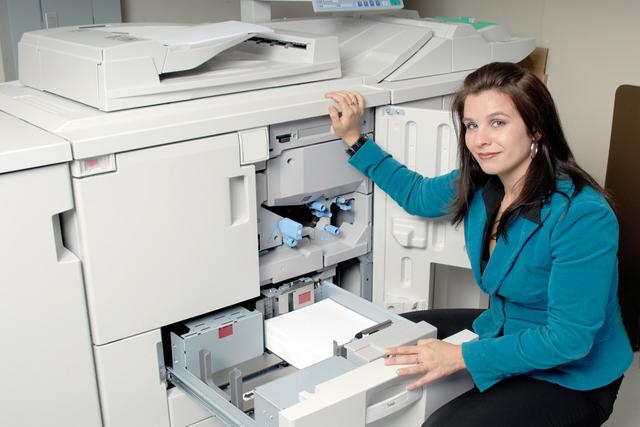Clinical Data Managers
Overview

Introduction
Clinical data managers design, test, and validate clinical databases for health care organizations and research centers. They collect, process, and manage data for clinical studies and other purposes and monitor work flow processes to make sure they are in compliance with operating standards. They use a wide variety of software programs to accomplish their work. Strong knowledge of mathematics as well as of the information and techniques needed for diagnosing and treating medical conditions is required for clinical data management. ...
Quick Facts
Median Salary
Employment Prospects
Minimum Education Level
Experience
Skills
Personality Traits
Earnings
Clinical data managers earned an average salary of $80,705 in 2024, according to PayScale.com. The lowest paid 10 percent earned $54,000 or less, and the top 10 percent averaged $115,000 or more per year.
Data scientists earned median annual salaries of $108,020 in May 2023, according to the U.S. Department of Labor. Their salaries ranged from $61,070 to $184,090 or more. Those who worke...
Work Environment
Clinical data managers spend part of their day on computers, gathering and reviewing information and data, creating reports, and using e-mail. They also spend time meeting with coworkers, supervisors, consultants, and others involved in data management projects. Some travel may be involved for meetings, presentations, and brainstorming sessions with top executives at other offices and at client...
Outlook
The outlook for clinical data managers is bright, according to the U.S. Department of Labors Occupational Information Network (O*NET). The large amount of data that continues to be available online, and the increasing use of AI to collect and analyze this data, will create more job opportunities for data managers at health care organizations and research centers.
The U.S. Department of L...







































































